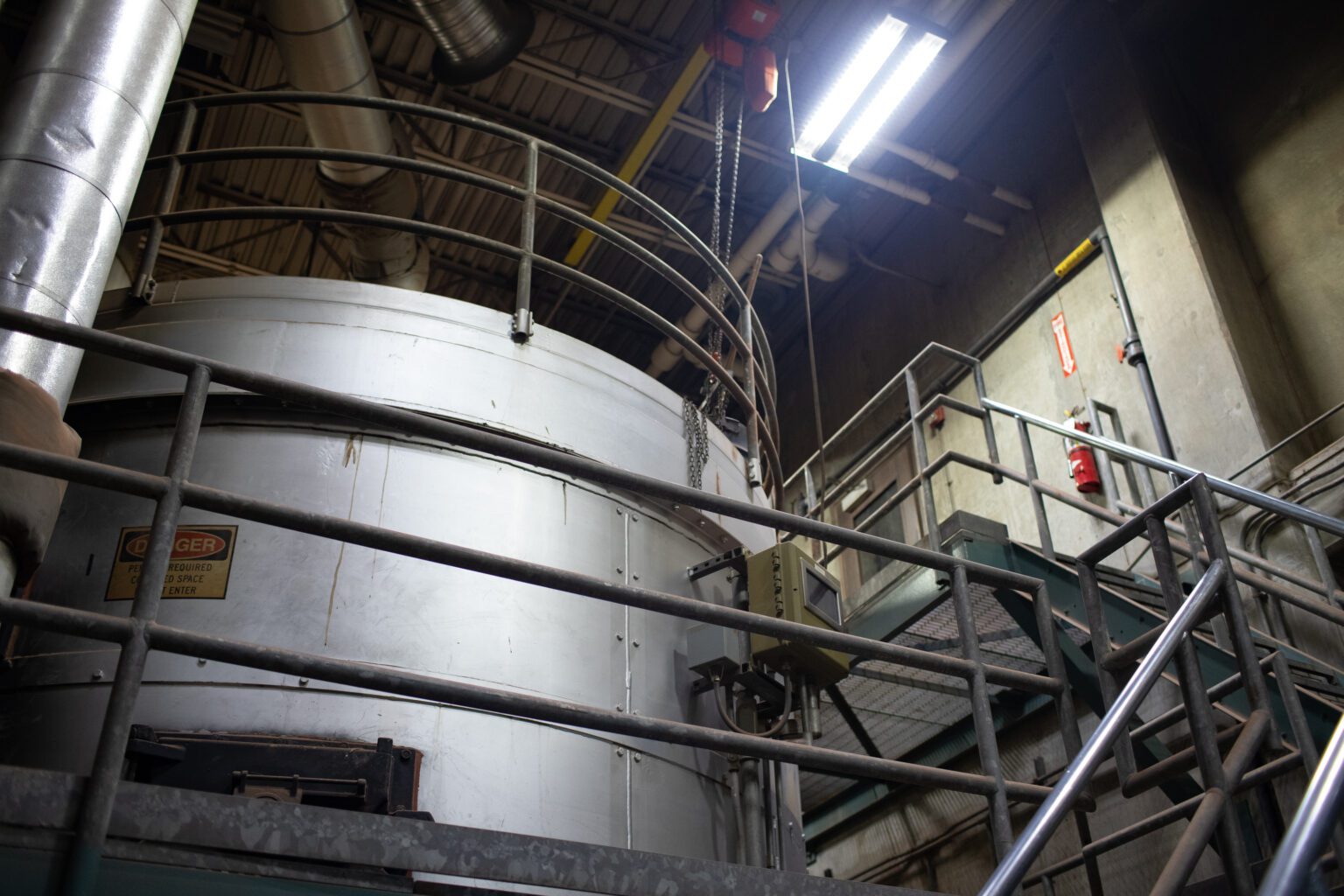The City of Bellingham will invest an estimated $40 million to upgrade the sludge incinerators at Post Point Wastewater Treatment Plant in order to prolong the lifespan of the facility and meet air quality regulations.
In 2022, Bellingham City Council pivoted away from a years-in-the-making billion-dollar project to replace the incinerators with digesters, instead focusing on much-needed upgrades to the system.
The plant outside of Fairhaven has two hearth incinerators, built in 1973 and 1993, in which treated sewage sludge is burned to ash and then landfilled.
By choosing to stick with incineration and rehabilitate its facility, the city will trigger stricter emissions standards in the coming years. Upgrading the incinerators is necessary to achieve compliance, according to a study by environmental and engineering consultant Brown and Caldwell.
The city council heard a presentation on the firm’s alternatives analysis on Monday, March 24. Several council members noted they were “not thrilled with incineration,” as Lisa Anderson put it, but were told one possible alternative to burning sludge — drying it and trucking it away to be landfilled — would be more expensive in the long run.
Interim public works co-director Mike Olinger explained to council members that the proposed incinerator upgrades wouldn’t just “buy the city” five years or a decade — it could potentially prolong the life of the system by a significant amount of time.
Mayor Kim Lund added that the city was not viewing the upgrade as a patch, but rather an opportunity to come into regulatory compliance while continuing to monitor technology breakthroughs in waste management over the long term.
The $40 million project, which is expected to be put out to bid in late 2026 for construction, would be paid for through the city sewer fund and municipal bonds. Olinger said the council will be hearing about a rate study and the possibility of rate increases during its Monday, April 14 meeting. The rate study will take a “holistic” view of all water systems in the city: drinking water, stormwater and wastewater. To learn more, visit cob.org/project/post-point-emission-control-upgrades.
Julia Tellman writes about civic issues and anything else that happens to cross her desk; contact her at juliatellman@cascadiadaily.com.




